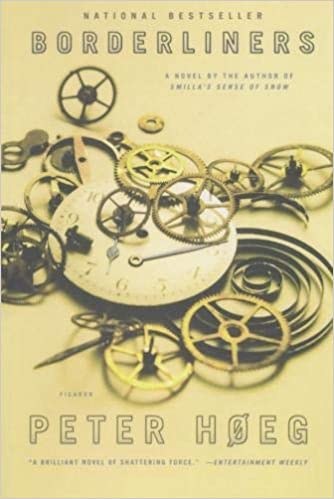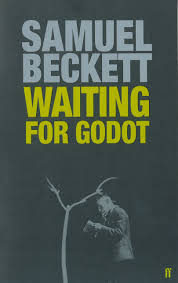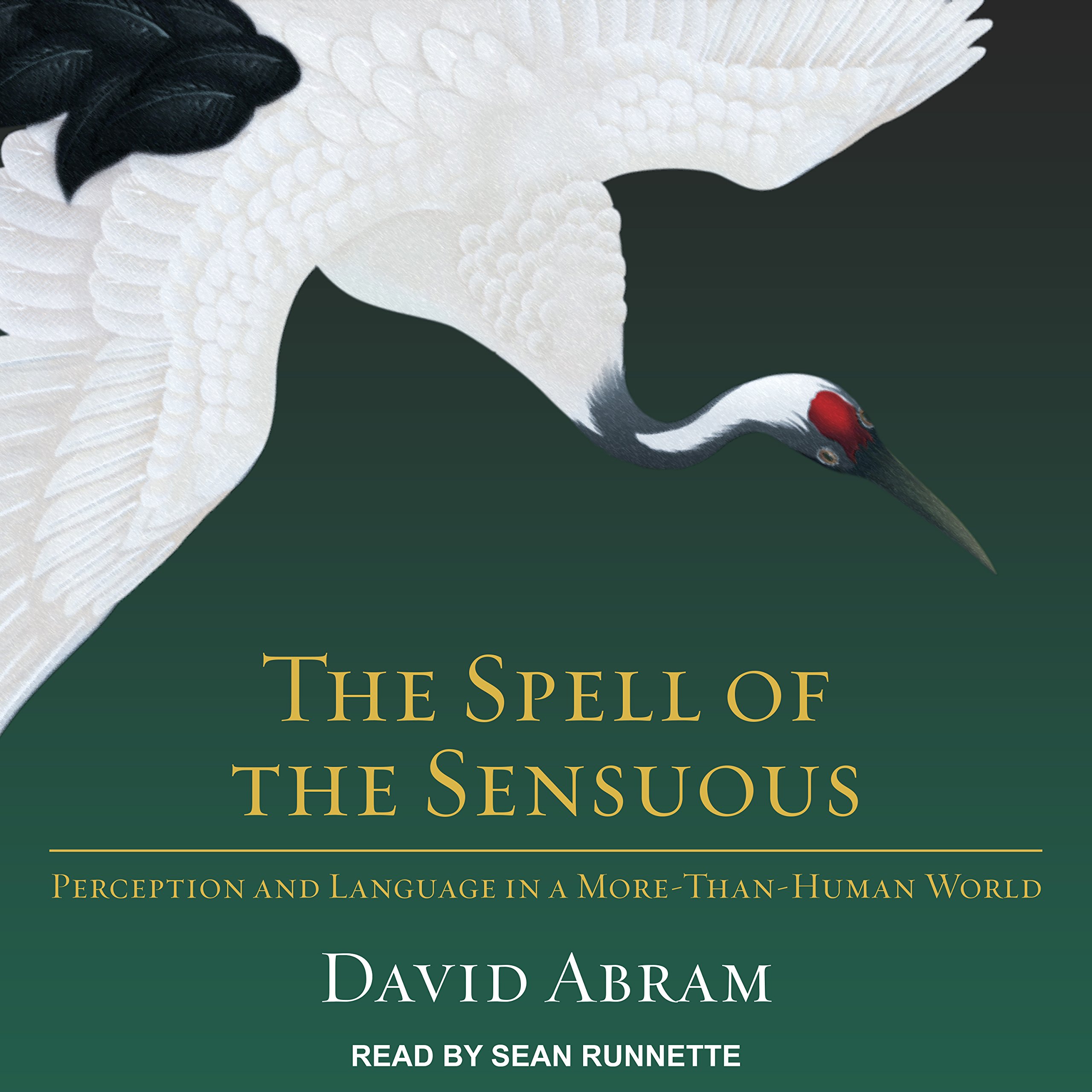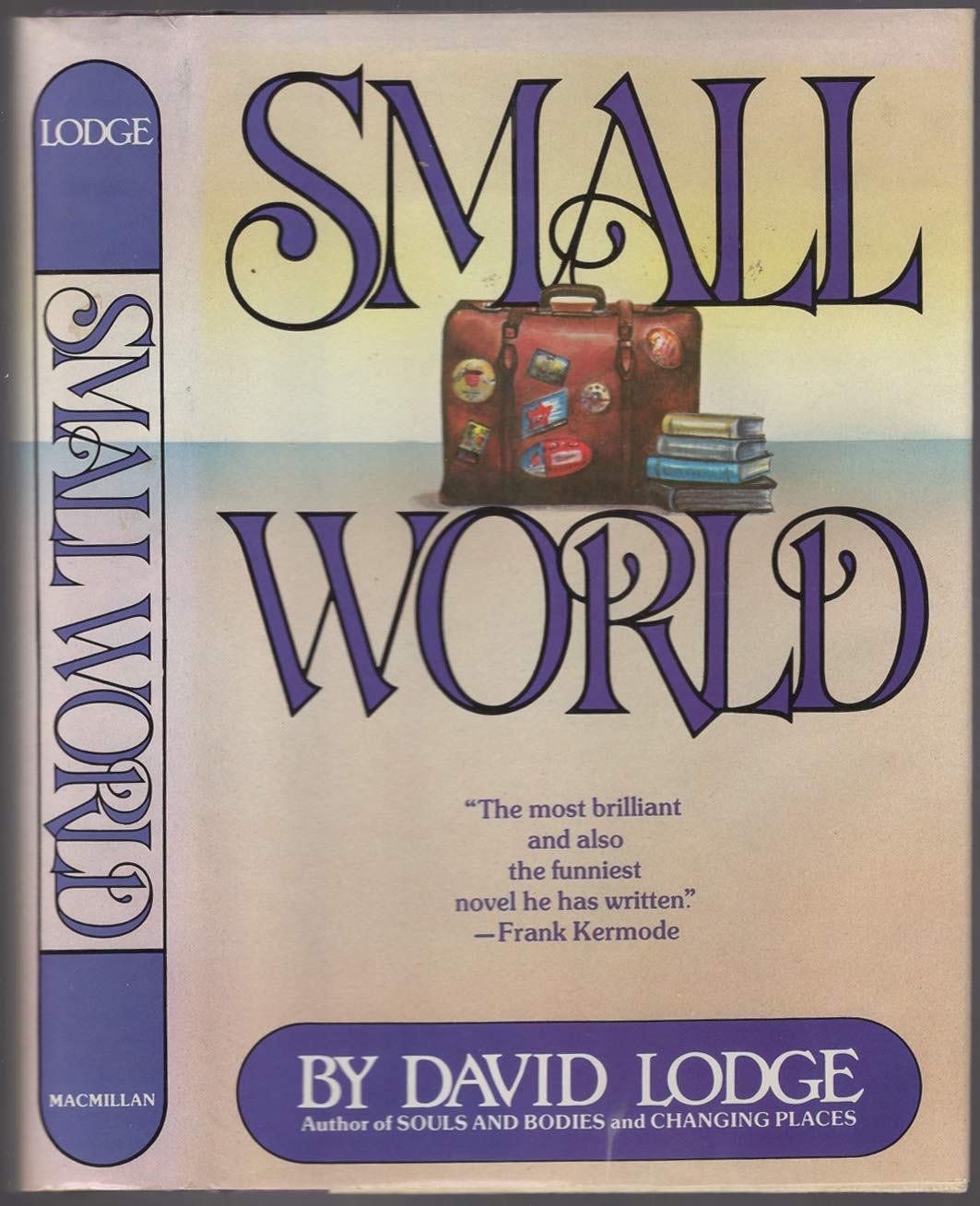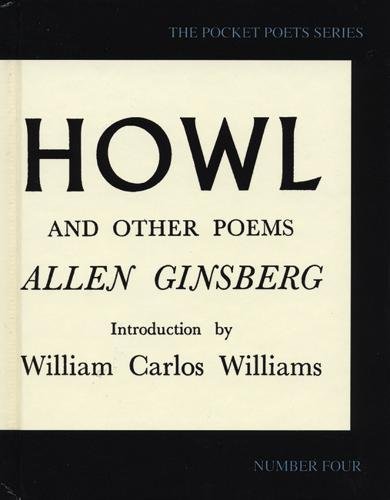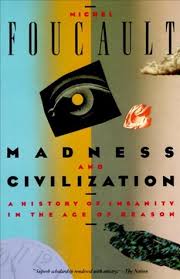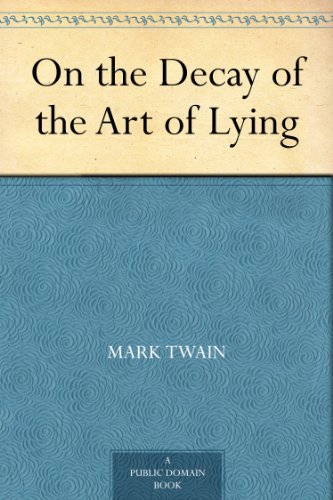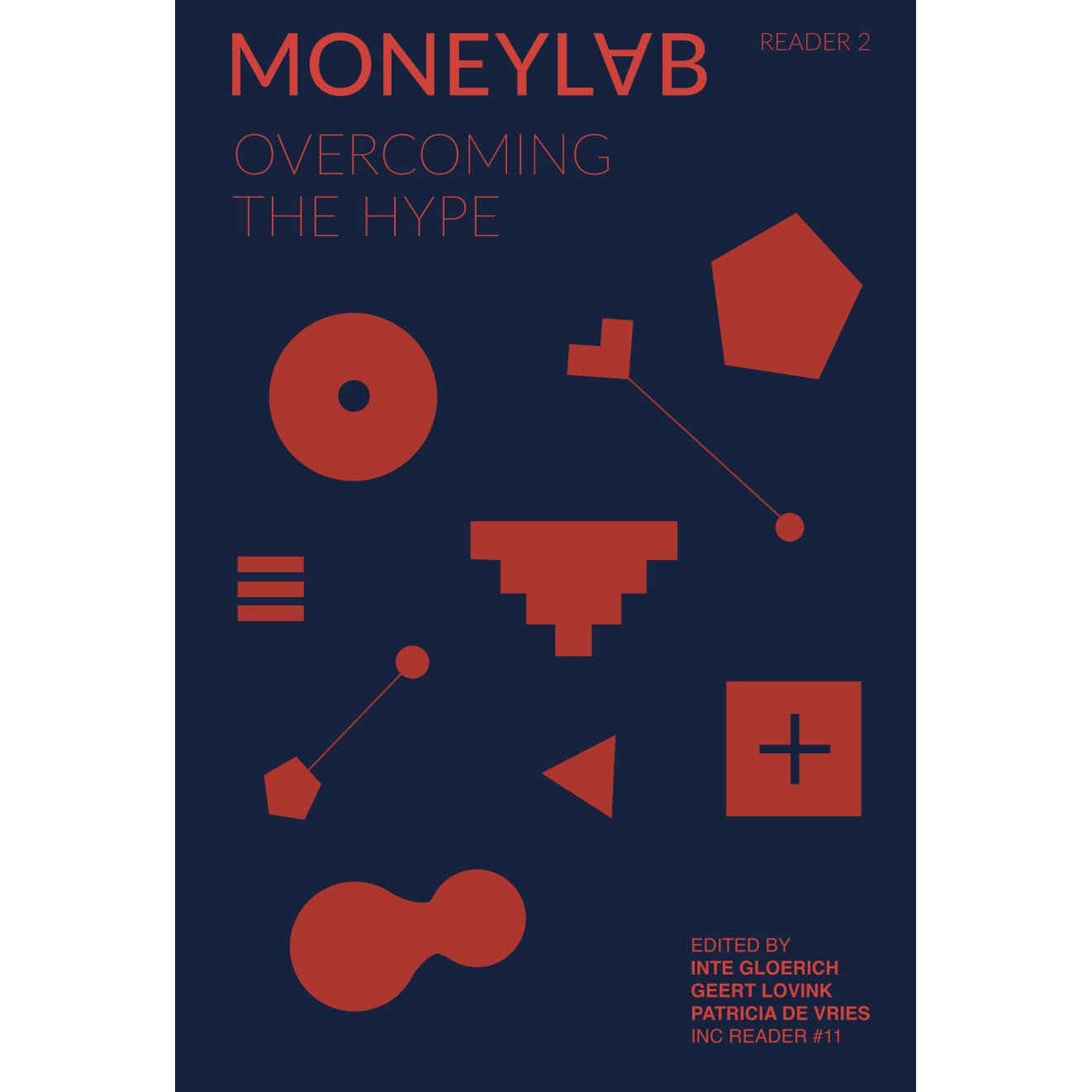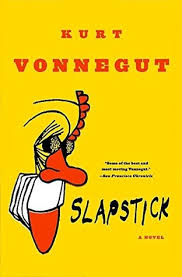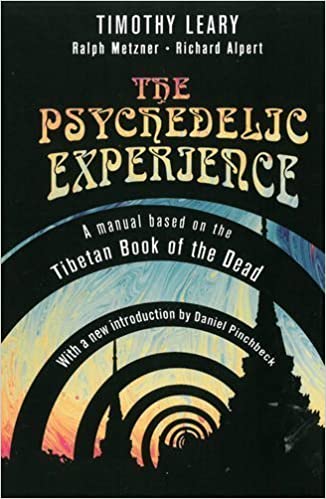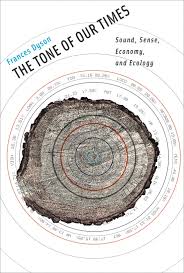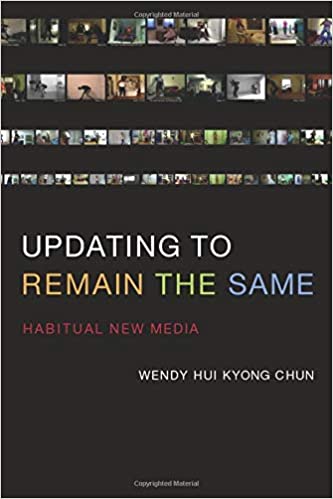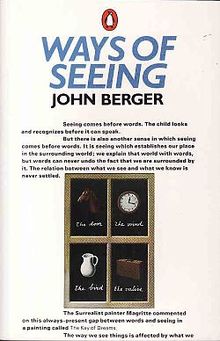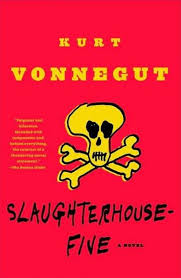*Source* / *Library*
After he had said that, there was a pause. It was a rich moment.
-Borderliners by Peter Hoeg
-Borderliners by Peter Hoeg
Gravity on grand scales gets so bizarre it can trip up the best thinkers. When, almost 100 years ago, Einstein’s own equations of general relativity predicted that a massive enough star could implode into a black hole—leaving nothing behind but an extreme warping of spacetime—he didn’t believe it.
. - Scaling (Nautilus)
When time itself was so exact, then so ought people to be, that was the idea. Accuracy was a characteristic, and perhaps the most important one, of the universe. At assembly one had to be absolutely precise and absolutely still. Utter time and utter stillness. That was the goal. Achievement was there to bring us nearer to that goal. And to encourage achievement, there was punishment.
We put up a rope in a tree overlooking the railroad tracks, so we could swing out in front of the locomotive when it came, and hang for a moment outside the windscreen and look in at the engineer and get away so late that it was clear that one had only just survived. Normally you would, right through the swing, be thinking how you had to get away in time. Now we tried, instead, to let our minds go blank; to switch off, and feel the train, and the rope between our hands, and then it became a very rich moment; then time began to stretch, so that afterward you could not say how long it had lasted. In the longest moments, those two times when I was brushed by the train, there had been no time at all. Even then you sensed that it must be a rule. That time could not be something that passed all by itself but was something you had to hold on to. And that when you let go of it, that moment was very significant.
We put up a rope in a tree overlooking the railroad tracks, so we could swing out in front of the locomotive when it came, and hang for a moment outside the windscreen and look in at the engineer and get away so late that it was clear that one had only just survived. Normally you would, right through the swing, be thinking how you had to get away in time. Now we tried, instead, to let our minds go blank; to switch off, and feel the train, and the rope between our hands, and then it became a very rich moment; then time began to stretch, so that afterward you could not say how long it had lasted. In the longest moments, those two times when I was brushed by the train, there had been no time at all. Even then you sensed that it must be a rule. That time could not be something that passed all by itself but was something you had to hold on to. And that when you let go of it, that moment was very significant.
It is like moving in on a black hole. If one gets too close, one gets sucked in. But if one comes up alongside it, there is understanding.
-Borderliners by Peter Hoeg
-Borderliners by Peter Hoeg



